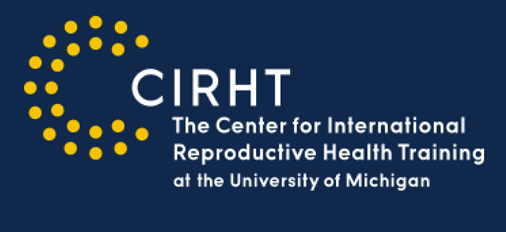Speaker
Description
Background
Safe abortion services are an integral component of reproductive health services in which midwives play an essential role in delivering secure and comprehensive abortion care (CAC). CAC is an intervention integrated into the midwifery curriculum as its provision is fundamental to improving women's health and wellbeing. This aspect includes providing appropriate information, managing induced abortion, and offering care for pregnancy loss or spontaneous abortion and postabortion care. The quality of CAC taught to midwives during their training provides an opportunity for the provision of services in line with the law and in a non-judgmental way. Despite the importance of teaching future midwives CAC for quality care, educators face challenges in preparing or delivering the content to learners. Limited studies have been conducted to understand the views of midwifery educators on the provision of CAC education, this study therefore aims to explore midwifery educators’ experiences in teaching abortion, particularly in relation to the ethical and legal complexities surrounding this topic.
Methods: This study was part of a mixed-method study that employed a concurrent mixed-method design. Midwifery educators who did not participate in the quantitative part from public and faith-based training institutions were purposively selected to participate. In-depth interviews were conducted using an interview guide to explore the midwifery educators' experiences in teaching CAC. Data was transcribed verbatim and a thematic approach was used to generate themes based on the self-efficacy theory
Results: This study revealed four major themes: Importance of Abortion Education; Ethical, Legal, and Societal Values; Professional Responsibility and Competency and Barriers and Challenges in Abortion Education. These themes highlight both the practical and ideological dimensions that influence how educators approach the topic of abortion within midwifery training programs. Results revealed that educators felt that abortion education enhances students’ clinical confidence and ethical reasoning and enables future midwives to care for patients regardless of personal views. Results further demonstrated that educating providers who can offer safe care can contribute to better outcomes and reduce unsafe abortions. Educators often experience ethical dilemmas in navigating societal perspectives of abortion, religious beliefs and their educational requirements, resulting in self-censorship or cautious delivery of content. Additionally, the legal environment in the country does not create an enabling environment for abortion services, thereby creating further legal dilemmas for learners. Limited practices for students to learn were identified as a challenge in delivering CAC training. Meanwhile, students viewed abortion education as an academic requirement rather than practical preparation. This limited engagement reduced the perceived relevance of the topic to real-world midwifery care.
Conclusion: Midwifery educators recognized abortion education as crucial for maintaining professional competence and ensuring patient safety, despite the ethical and societal challenges it sometimes raised. Their insights reflect a commitment to student-centred, ethically-informed education that equips future midwives to provide respectful, evidence-based care in complex, real-world contexts. Therefore, it is essential to adopt teaching strategies responsive to ethical, legal and societal dilemmas that hinder teaching and service delivery.
Key words: Comprehensive Abortion Care, Ethical and Legal, Midwifery Education


